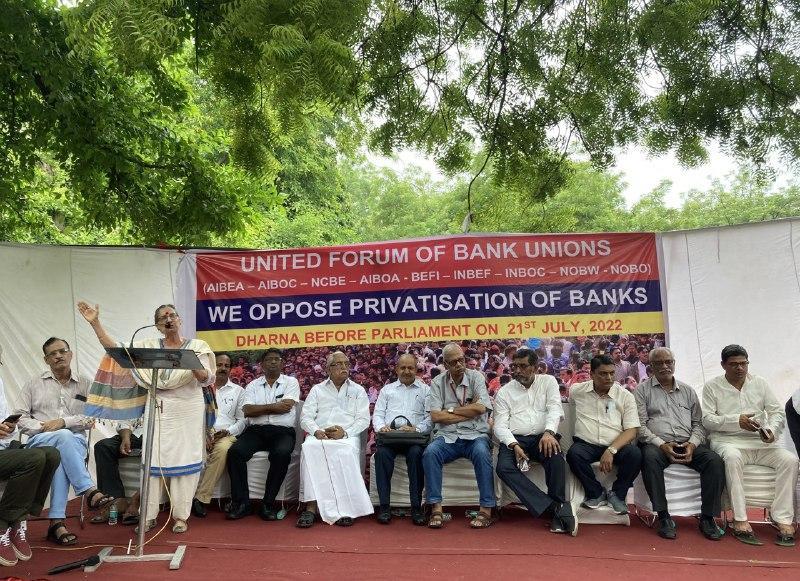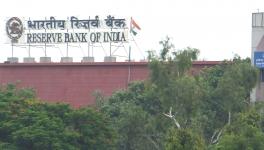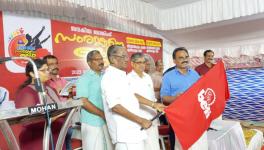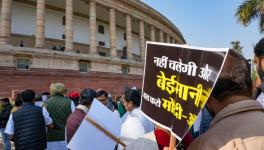PSBs in Real Danger of Privatisation, Says Officer’s Confederation on 55th Bank Nationalisation Day

Guwahati: The All India Bank Officers' Confederation (AIBOC), the apex body of bank officers in the country, on Tuesday said state-run lenders are in "real danger of privatisation" despite playing a crucial role in closing the economic divide in society.
On the occasion of the 55th Bank Nationalisation Day in India on Wednesday, the Guwahati-headquartered body said public sector banks (PSBs) have played an important role in promoting financial inclusion and mobilising savings since the nationalisation of the lenders in 1969.
"Public Sector Banks are in real danger of privatisation. It is an ideological conflict that can be overcome by supporting the alternative ideology that prioritises the welfare of a larger human population," AIBOC general secretary Rupam Roy said.
Since their nationalisation, these PSBs have been channeling funds to vital sectors such as agriculture, small and medium-sized enterprises (SMEs), education and infrastructure among others, he added.
"They have been the pillars of economic development, fostering growth and providing millions of Indians with access to banking services," the statement said.
AIBOC said as income inequality becomes an urgent issue in society, PSBs play a crucial role in closing the economic divide, ensuring banking access to the underserved segments of society to foster a more equitable economic environment.
"As an appropriate measure to scrutinise the commercial activity of PSBs, the government should consider funding the cost of services rendered by PSBs at market value when it asks them to carry out its social agenda," it added.
Roy in the statement said as the largest shareholder in PSBs, the government is the biggest beneficiary of the dividends paid by the state-run banks out of the profit.
"This is in addition to the corporate taxes and other taxes that all corporations, including PSBs, are required to pay. The per employee customers for SBI is 1,900, whereas for HDFC it is 530 and for Axis Bank it is 325," he added.
Therefore, the norms and benchmarks for these India-specific PSBs must be devised specifically and their performance must be compared and contrasted amongst themselves, the AIBOC official said.
Roy further said the employees of the public sector lenders have played a crucial role in upholding national values and serving citizens with the utmost commitment.
"They have endured a variety of economic cycles, exhibited resiliency and continued to provide vital banking services uninterrupted even during difficult Covid periods and during calamities," he added.
Roy pointed out that despite their diligent efforts, bank employees face numerous difficulties and the inadequacy of recruitment in PSBs has put a tremendous strain on the existing workforce, depriving them of much-needed leisure and work-life balance.
"In addition, it is of significant concern that pensions for retirees, who have devoted their careers to nation-building, have not been revised and increased on a par with government and RBI employees," he added.
The AIBOC urged policymakers, regulators and other interested parties to recognise the invaluable contributions of the PSBs and their employees.
"Addressing their legitimate demands and ensuring their well-being is essential to preserving the nationalisation ethos and fortifying our financial sector for a prosperous future," it added
Get the latest reports & analysis with people's perspective on Protests, movements & deep analytical videos, discussions of the current affairs in your Telegram app. Subscribe to NewsClick's Telegram channel & get Real-Time updates on stories, as they get published on our website.
























